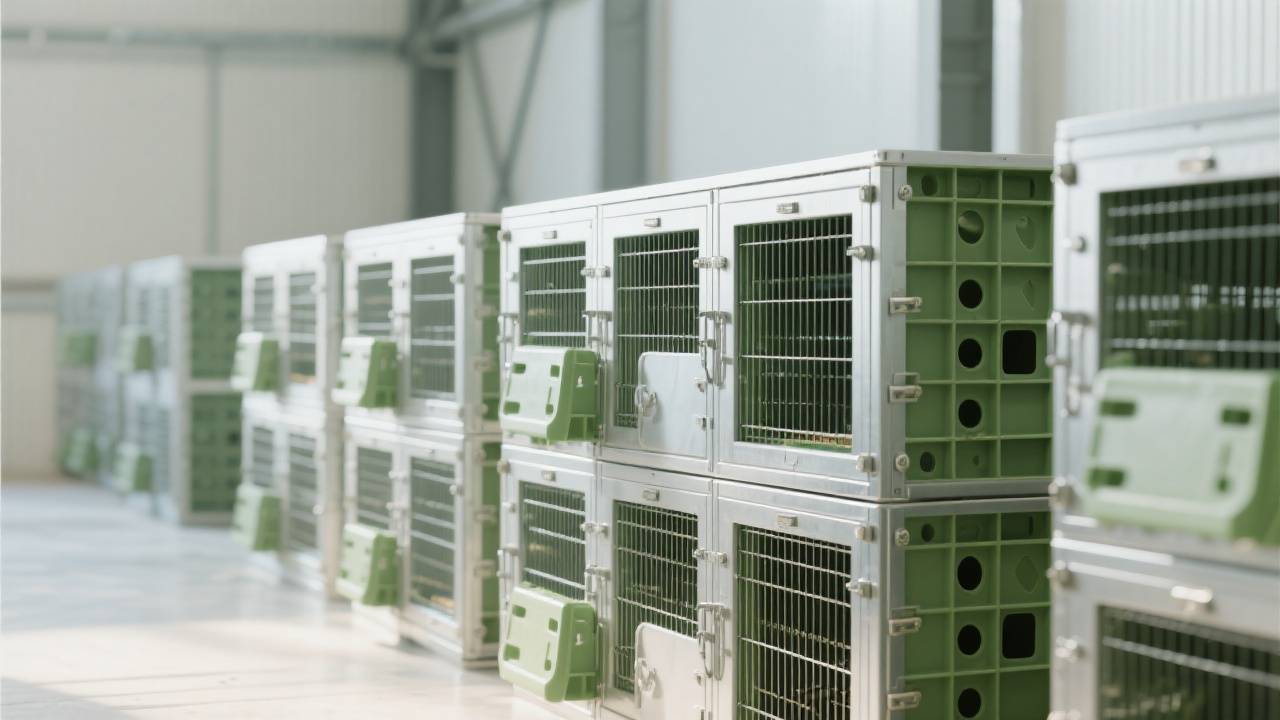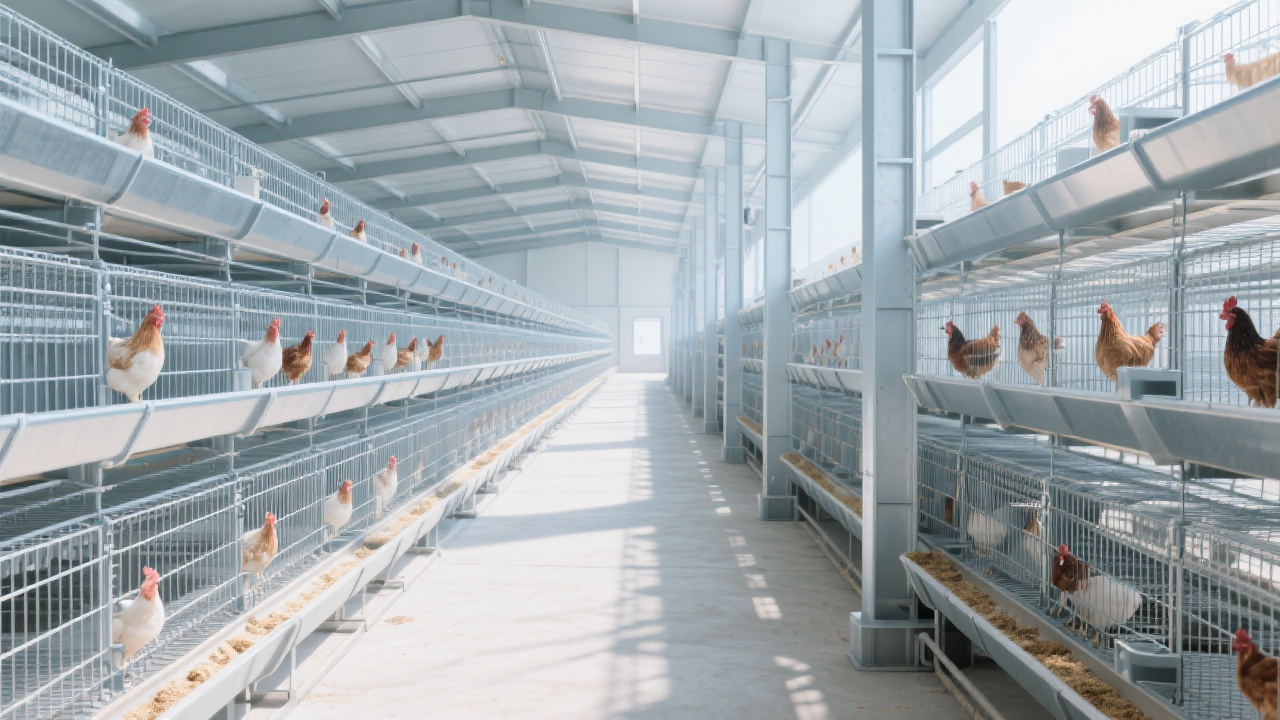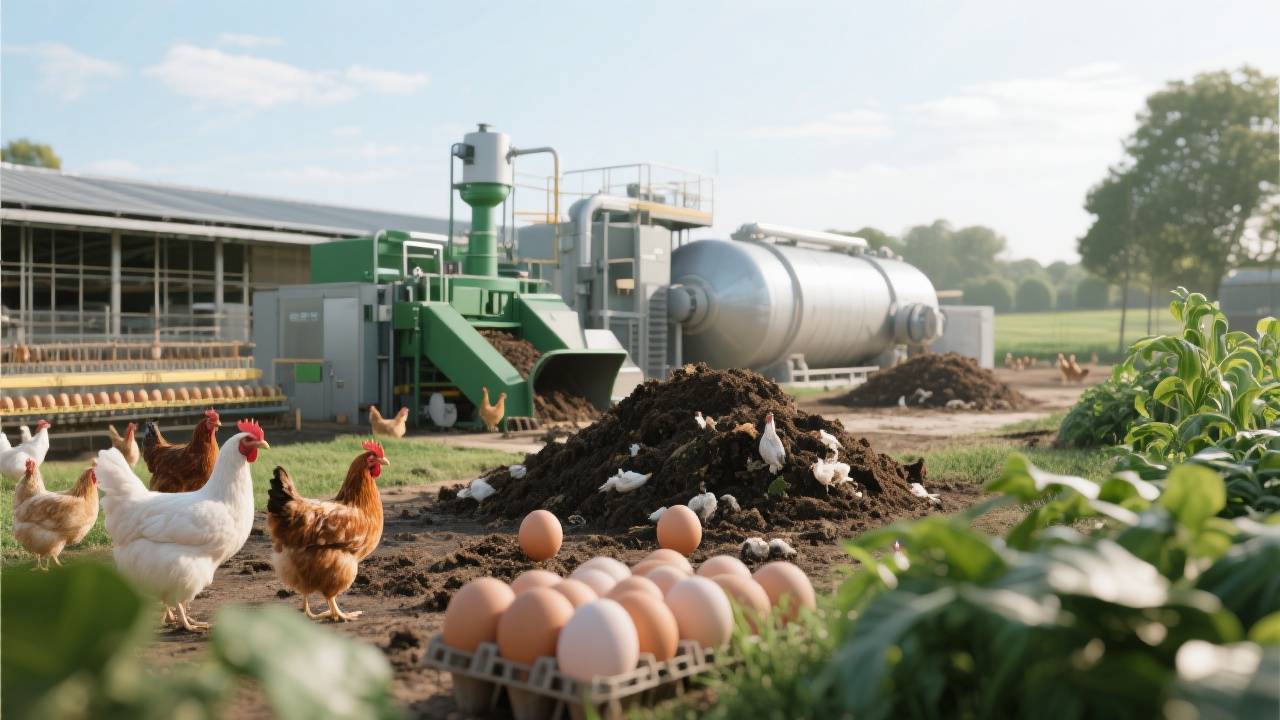
In the context of fast-growing large-scale layer hen farming, environmental sustainability is no longer optional — it is imperative. Zhengzhou Liwei Machinery’s cutting-edge automated manure cleaning system integrated into the H-type layer hen cages offers a powerful approach for farms aiming at eco-efficiency, lower emissions, and resource recovery. Grounded in ISO14001 environmental management principles, this system not only reduces energy consumption and pathogen risks but also transforms poultry waste into valuable resources.
At the heart of Zhengzhou Liwei’s innovation lies a dual-technology approach combining scraper-type and screw conveyor manure removal mechanisms. The scraper system efficiently sweeps waste without leaving residue (“dead zones”), while screw conveyors provide continuous transport of manure away from cages. The synergy yields up to 25% reduction in energy consumption compared to traditional manual cleaning systems, thanks to optimized motor loads and reduced cleaning cycles.
In practical terms, the H-type layer hen cage design enhances this by providing a seamless flow path for manure—minimizing accumulation and ensuring up to 98% removal efficiency. This effective waste removal prevents ammonia buildup, a significant contributor to poor air quality and disease propagation in poultry houses.
| Parameter | Scraper System | Screw Conveyor System | Traditional Manual Cleaning |
|---|---|---|---|
| Energy Consumption (kWh/day) | 5.8 | 6.2 | 8.3 |
| Cleaning Efficiency (%) | 97 | 96 | 85 |
| Ammonia Emission Reduction (%) | >30 | >28 | N/A |
| Labor Reduction (%) | 75 | 70 | 0 |
The ISO14001 environmental management system provides an internationally recognized framework for reducing environmental impact and promoting sustainable resource use. By aligning manure cleaning operations within this framework, layer hen producers achieve measurable improvements in:
Zhengzhou Liwei’s system supports the entire manure lifecycle from automated collection to transport and storage, facilitating eco-friendly recycling processes which comply with evolving regulations and market expectations for green agricultural products.

According to Dr. Helen Foster, Environmental Engineer specializing in livestock systems, “Automated manure systems that integrate with ISO14001 help bridge the gap between productivity and responsible farming. They are a linchpin for the sector’s green transformation.”
Farmers adopting this technology report up to a 40% improvement in air quality metrics inside poultry houses and a significant decline in antibiotic use due to reduced disease pressure. One large-scale layer farm in Henan Province noted:
"Since integrating the automated scrubber and screw conveyor system in our H-type cages, daily labor for manure cleaning dropped from 6 hours to less than 90 minutes, and ammonia levels have consistently remained below regulatory thresholds."

National and regional policies increasingly mandate enhanced environmental controls on livestock waste, including stringent ammonia limits and incentives for circular manure use. These regulations align with international commitments to reduce agricultural emissions under agreements such as the Paris Accord.
The growing demand for traceable, sustainably produced eggs also encourages adoption of technologies that demonstrate compliance with environmental standards like ISO14001. Automated manure cleaning systems help poultry farms gain certifications, improve brand reputation, and open access to premium markets.

With more than 60% of large-layer farms in East Asia projected to implement sustainable waste management solutions by 2027, the window for early adopters to establish market leadership is open.
How do you see automated manure management shaping the future of sustainable poultry farming in your region? Share your insights and experiences to advance the dialogue in this fast-evolving industry.

